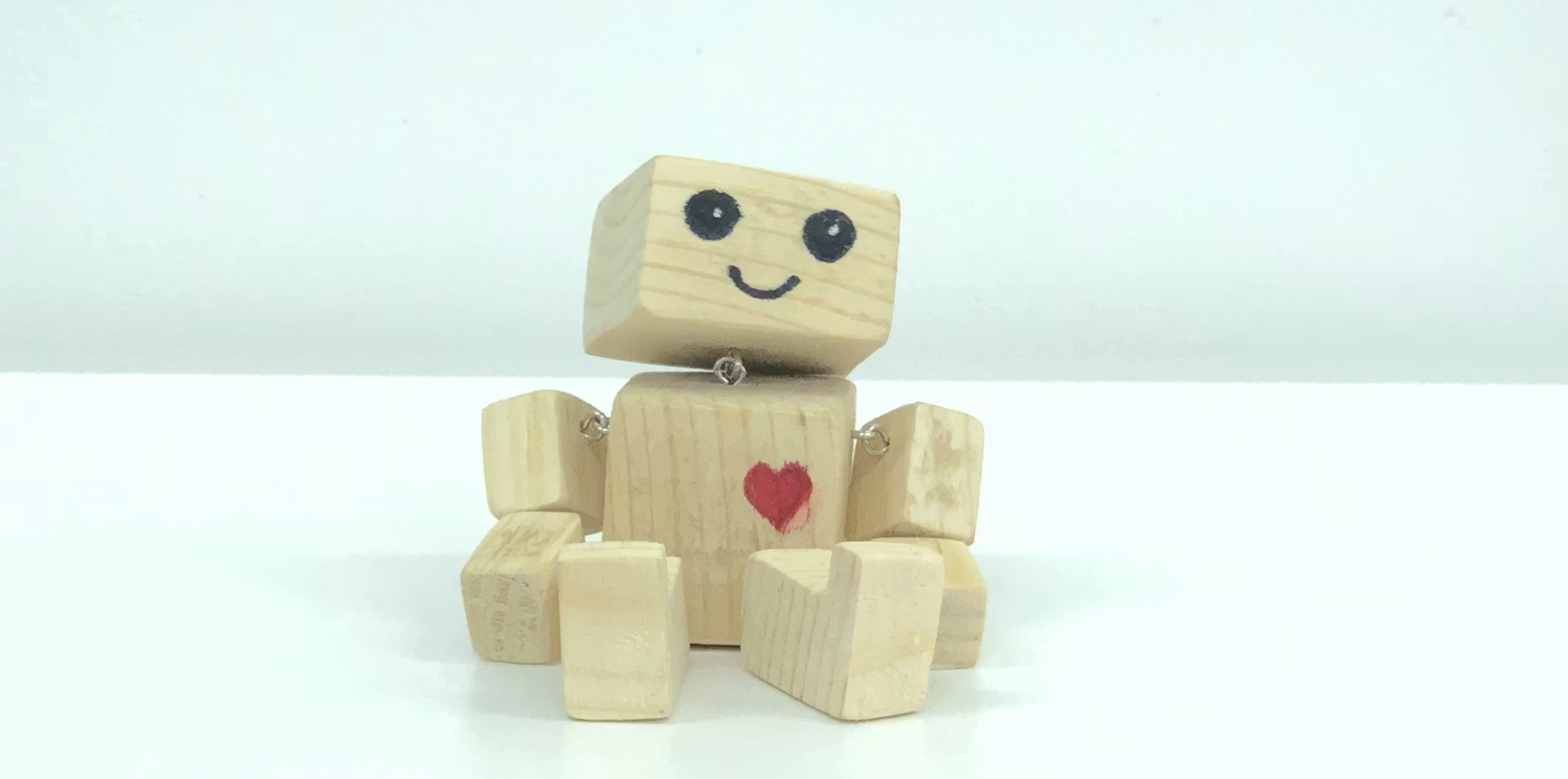Mother Tongue/Mother Cultures Insights from an ELF
Well, Hispanic Heritage Month (HHM) will come to a close soon, otra vez. That time of year where we celebrate the contributions of our Hispanic, or better yet, Latinx, ancestors and colleagues, and recollect their influences and presence.
It’s always struck me as odd that the month commences mid-September and ends mid-October. Not 100% September; nor 100% October. I think it’s the only national monthly celebration on the calendar that’s split like this; a great metaphor for the Latinx consumer majority we have today - the U.S. born, second generation immigrant. Along with our 1.5 generation brethren (those immigrants who came to the U.S. at the age of 10 or less), we have one foot in one month or world, and the other foot in another.
We often talk about the bilingual/bicultural almost assuming that they are equally both. Uniformly dominant in English and Spanish, and correspondingly owning both our collective (family and community over self) ethos and our self-reliant (independent) values. Yet we know that’s not the case; we are 100% hybrids, living a duality that only we can experience and truly discern.
As the first American born in my family, I have always been intrigued by this duality. While it was the cause of a LOT of angst and confusion growing up, today, after much reflection and study, it serves as a cradle of copious richness and clarity.
Years ago, when I was in college, I asked my Psychology mentor about language dominance because I was curious to know which language was my mother tongue, and how that was even determined. She told me that the language you can say your ABCs in, and count in the fastest, is your mother tongue.
I was bewildered because I had learned Spanish first, so I thought that was my mother tongue. Like many children of immigrants, we learn the conversational language of our parents while growing up, but not all of us are biliterate in that language. (I can’t write Spanish with all the rules surrounding accent marks, though I can read it; shout out to ¡HOLA! and Vanidades).
So, I self-tested her thesis, and lo and behold, English was my mother tongue. ¡Que sorpresa!
Now, I wish I could qualify my Mother Culture as easily as my mother tongue.
When it comes to biculturalism, it’s much harder to delineate and identify the boundaries of the conflicting ethe that exists within us – the one bestowed by nature (collectivism), and the one espoused by nurture (self-reliance).
I am definitely both collective AND independent, and I’m surprised by how fluid these are and how they fluctuate depending on the circumstances. 100 shades of gris, at least.
The mixed messages we get in our youth both from our collective, Spanish language-dominant parents/family, and our American school and friends, create a cultural dissonance that’s difficult to navigate in childhood, and challenging to own in adulthood. It takes work and lots of introspection.
Some key insights:
• The American Academy of Pediatrics recommends that parents wean babies from bottles by the age of one year, or 18 months (max). I drank from a baby bottle until the age of 5, not exclusively, but definitely at night when I needed to fall asleep. Early independence is not pushed in many collective families and dependence is reinforced in a myriad of ways.
• As children, we are taught NOT to dress for comfort but to dress for others; it’s important to always look nice (if not, judgment ensues). Appearances are paramount to the collective.
• It took me 40 years to realize that when I acted in an independent manner (like I was taught in school to act), it was perceived as being “selfish” by my most collective parent.
The collective likes group think and activities, AND group harmony is paramount.
These are some of the many insights I’ve gained over the years as a U.S. born daughter of immigrants … both cultures are special; and, both have their own strengths and challenges.
I now know I have one mother tongue, English, and two mother cultures: collectivism AND self-reliance. At my core, I’m an English Latinx First (an ELF), attempting to spread consumer insights and marketing magic.
Finally, maybe those who founded HHM knew more about us than we thought ... hence the two half-months.
¡Felicidades!


